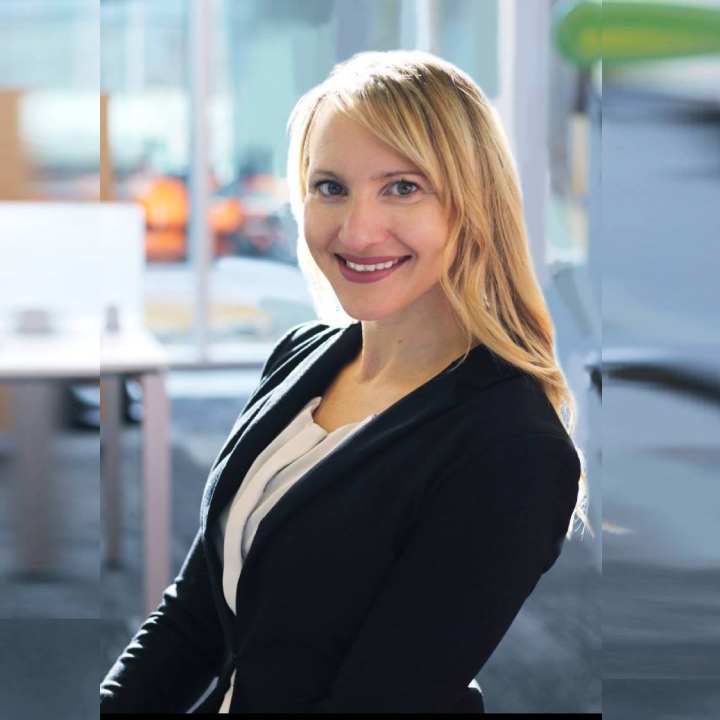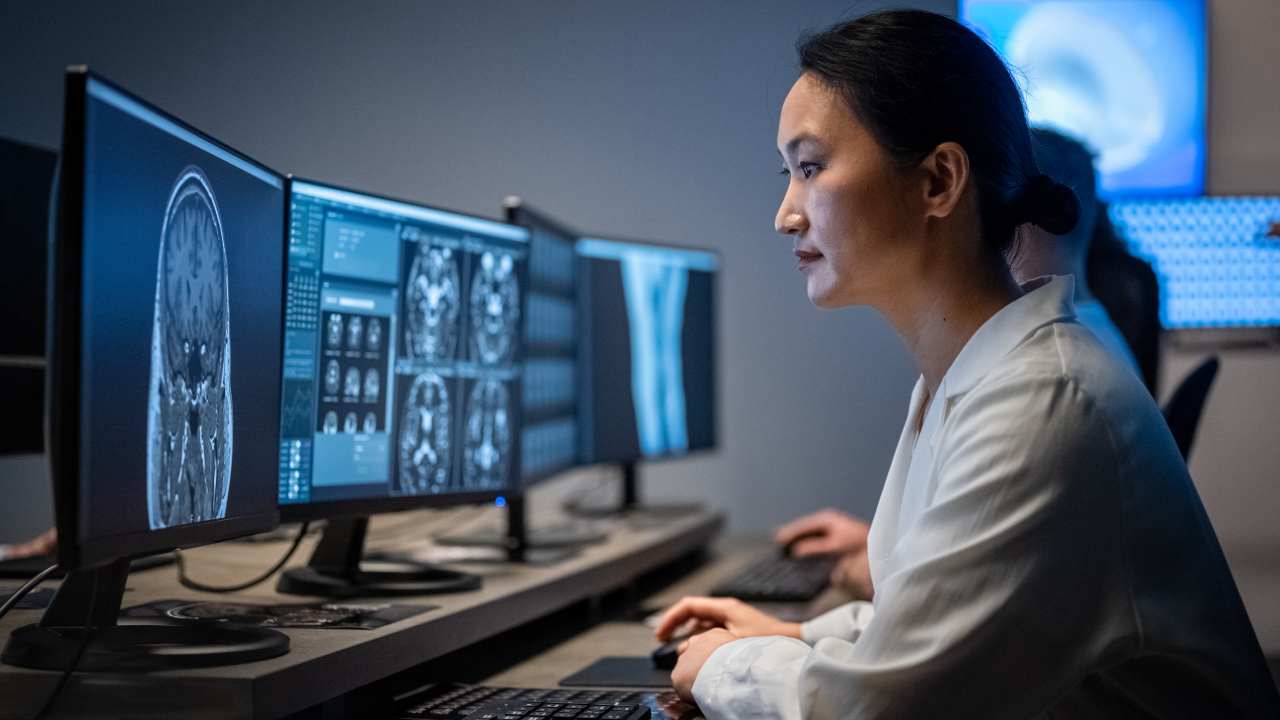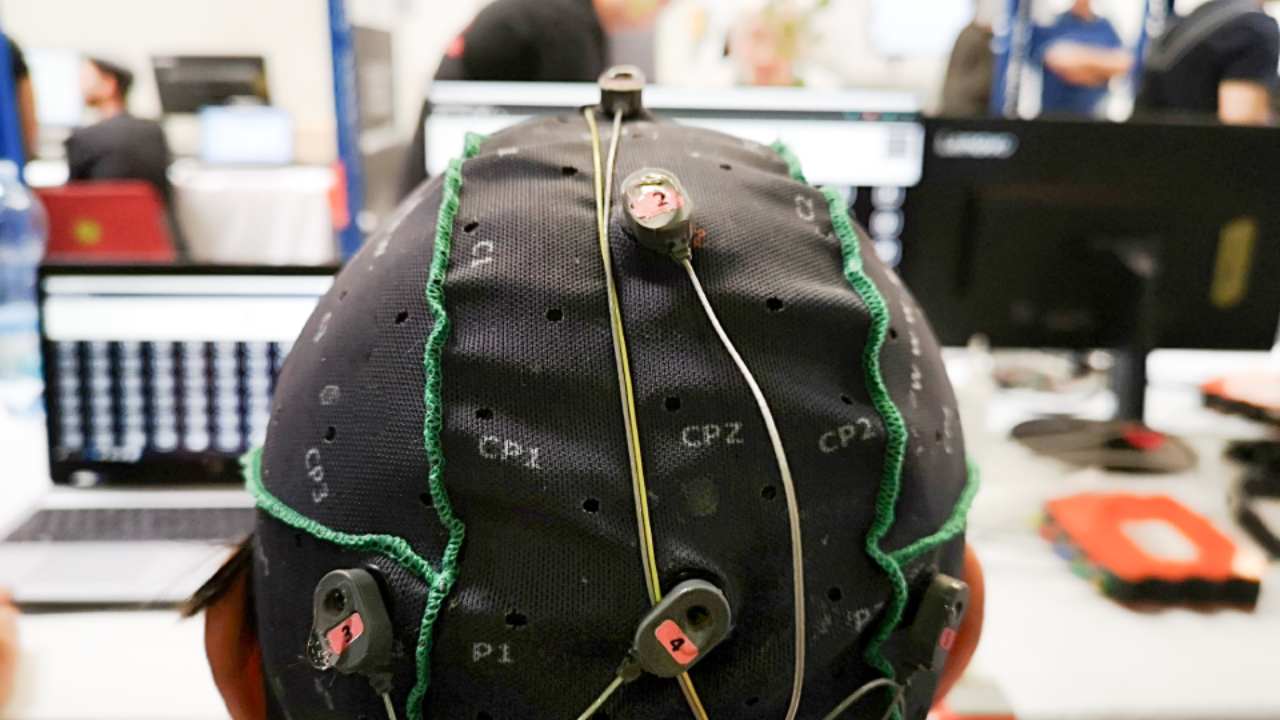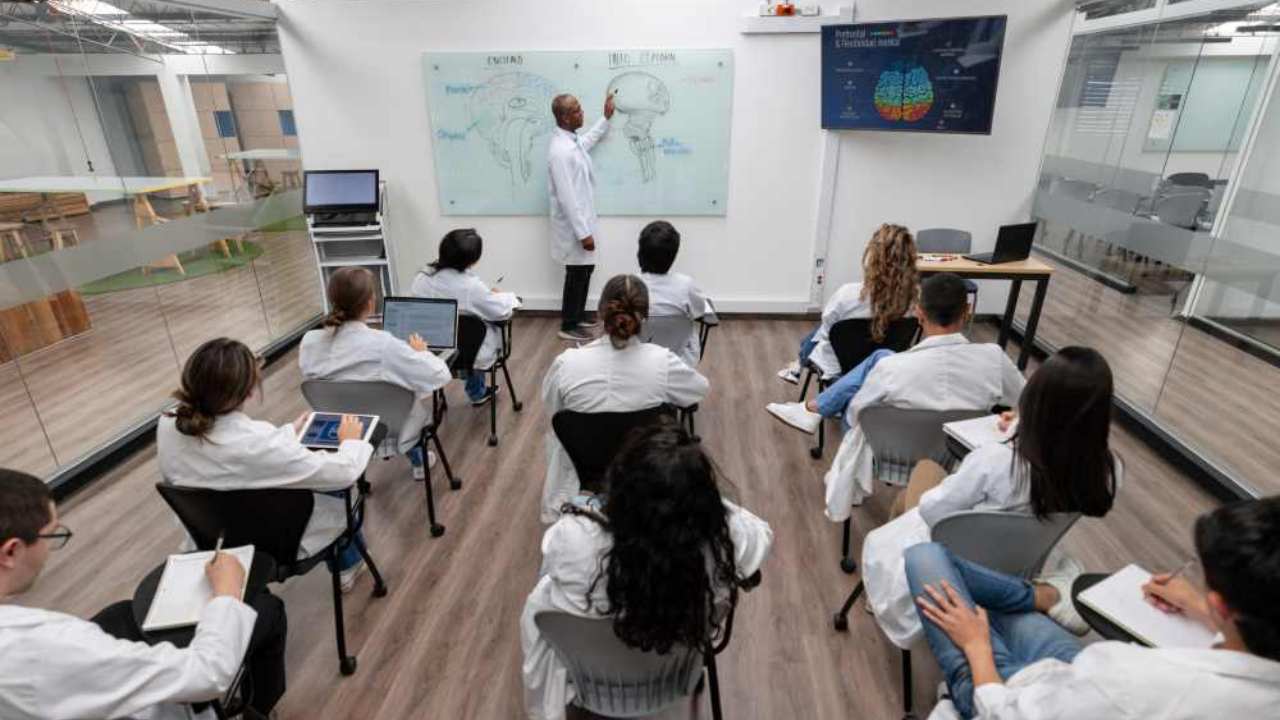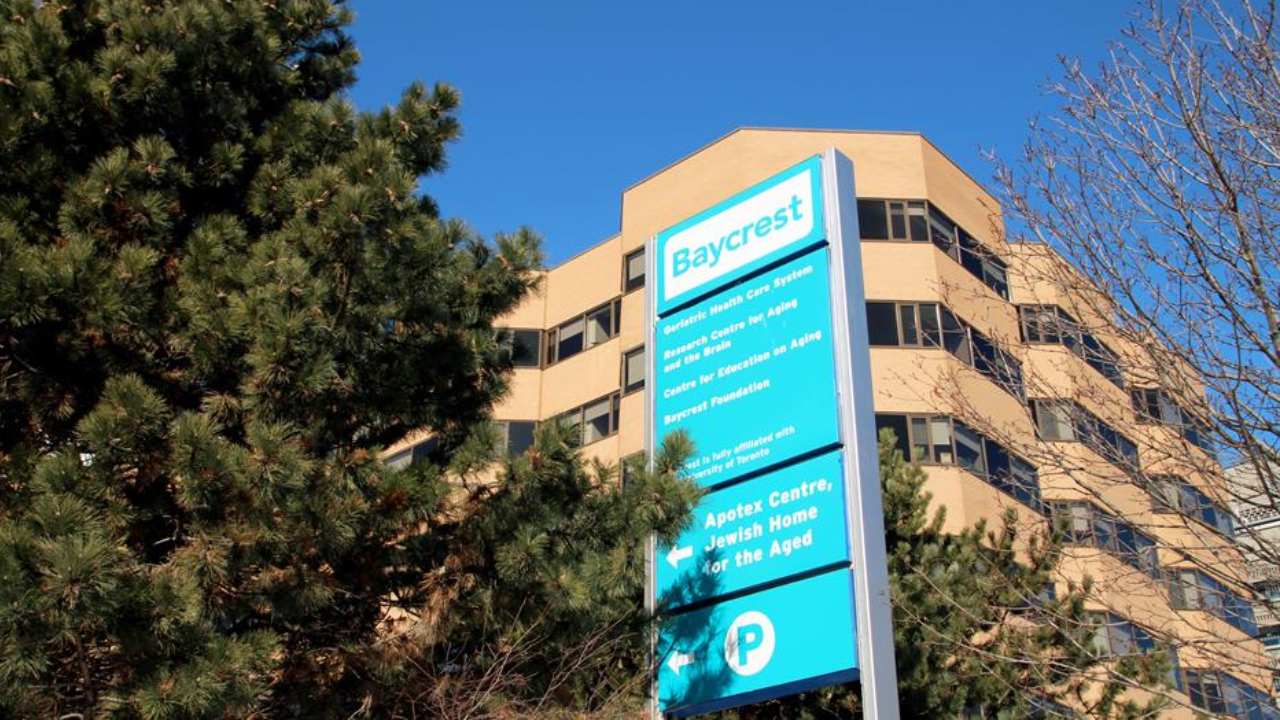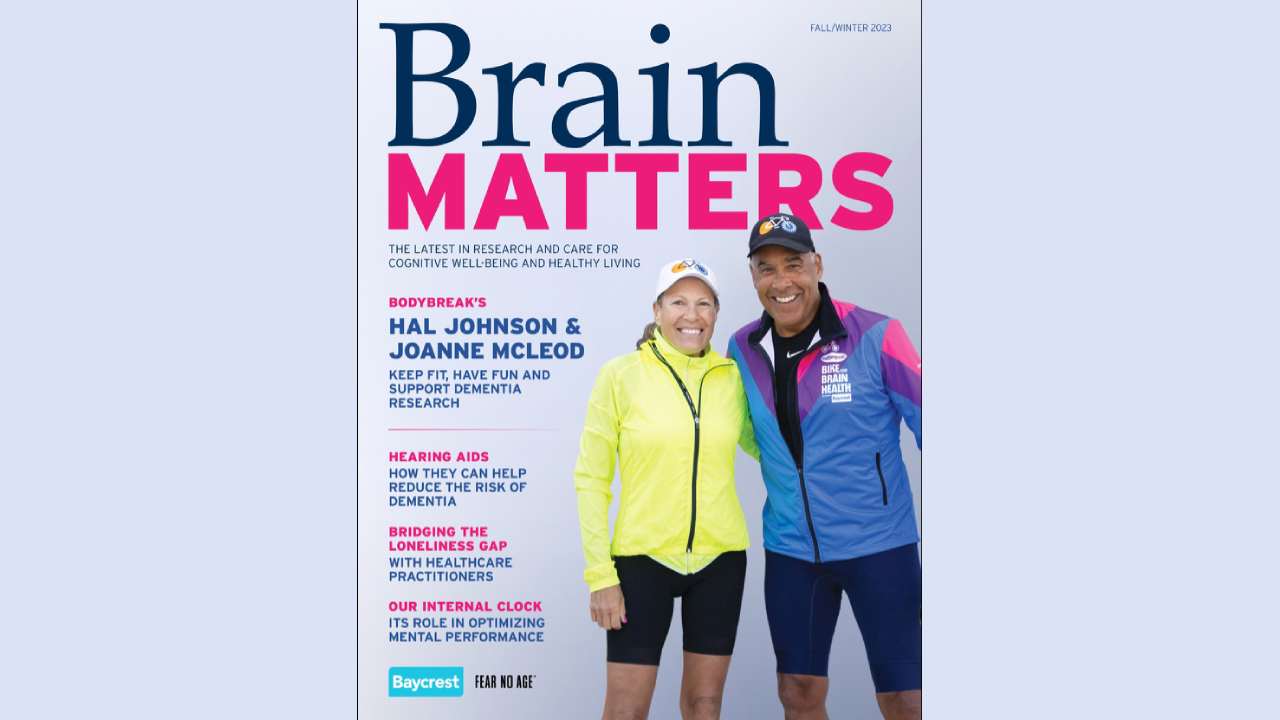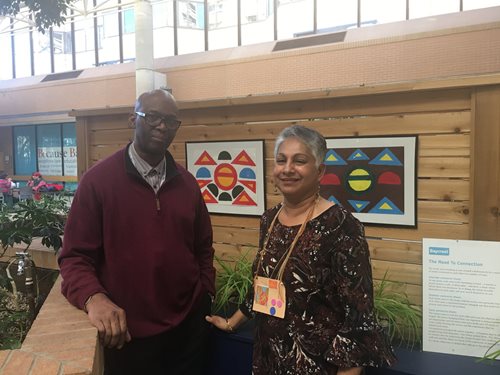 The whirlwind of changes Ruby Isaac has coped with since her husband’s dementia diagnosis is a journey of many highs and lows.
The whirlwind of changes Ruby Isaac has coped with since her husband’s dementia diagnosis is a journey of many highs and lows.
Ruby’s whole world turned upside down when her husband, Michael, was diagnosed with dementia in 2016. Michael, 69, was a high school teacher in computer engineering, but he retired soon after his diagnosis. At home, he had many roles, such as the IT specialist, the handyman and the go-to person for directions. With the onset of dementia, many of these roles shifted to Ruby.
While Ruby, 58, navigates new situations as her husband’s primary caregiver, she is also managing a wide range of emotions, such as sadness, confusion, loss and fear.
Baycrest’s Road to Connection program, an arts-based support group for dementia patients and their caregivers, gave Ruby the space she sometimes needs to be honest with her words and emotions. The 10-week program weaves together three evidence-based interventions into a combined model that provides an emotionally focused psychosocial group intervention for the spouses of people with dementia and a separate group which melds arts based and cognitive interventions for their partners. The ultimate goal of this program is to decrease the burden that some family caregivers feel, while increasing the quality of life for both the family care provider and the person with dementia. The program is supported by the Hy and Bertha Shore and Harry and Sara Gorman Award and the Centre for Aging + Brain Health Innovation.
“Despite the journey of dementia being different for every caregiver, within the group we were able to come to an agreement that we were all in it together,” says Ruby. “The wonderful members of the program helped me to realize I wasn’t in this on my own.”
The program also gave Michael a safe space to try something new.
“Michael’s artwork was appreciated in the program and he got to meet new people in a different environment,” says Ruby, who heard about the program from one of Baycrest’s occupational therapists. “It was nice that it was a couple’s program since I had a chance to learn new things and it was comforting to Michael that I was still nearby.”
Thanks to the program, Ruby learned to adopt different approaches when she and Michael face various challenges. Finding an equilibrium can be tough when new behaviours and challenges surface, but Ruby has come to accept that dementia is responsible for these changes, not her husband.
“The Road to Connection program taught me how to continue to stay healthy, in my heart and mind, because I’m the caregiver and the more I can take care of myself, I can take better care of him,” says Ruby. “Hearing the experiences of other caregivers helped me to understand and better cope with my husband’s illness.”
Related Articles: Innovation

